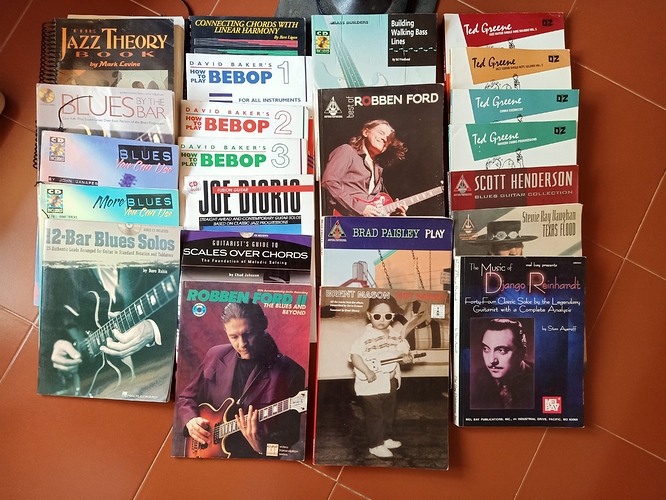One of the guys who mentored me had a saying, which was “great songs are not written; they are RE-written.” Sure, there are the legendary moments when a song just flies out of someone or whatever, but I would say that if you show me a Percy Sledge “When A Man Loves A Woman”-type story, I’ll show you someone who’s paid a lot of dues and written a lot of songs, and probably performed quite a bit too. The pop song is idiomatic, and “good” or “great” songs don’t come from a vacuum. In fact, a lot of the art of production is really the art of arranging songs – changing the timeline of a song is an option in production. Of course, those are big, scary, moves that have incredible potential to either elevate things or royally screw things up.
Here’s the thing about paying dues: the experience we all go through is, we hear broadcast-ready finished product 100% of the time, and then we get an instrument and maybe a bare-bones recording setup, and we have the inkling (maybe) to take a shot at making broadcast-ready finished product. To say that’s “quite a jump” is putting it mildly. The YouTube thing can deliver revelation after revelation – don’t get me wrong. But let’s say that you do want to take a crack at the production of something that’s relatively straight-ahead for a general audience (i.e.: not a “shred record” or something). Maybe your niece/nephew brings a guitar by and shows you a song he/she wrote or is in the process of writing. Or maybe you have a hook idea or something, and you’re trying to figure out where to go with it.
Where I’m going with this is that writing/production ability is developed with practice just like any other ability. I was lucky enough to pay dues by working the Mac while some gifted producers and writers were behind me making sounds and getting creative. Of course, we didn’t have YouTube to learn from then, but, you know…
So I was on CL Los Angeles this morning, taking a break from looking at the For Sale (gear) pages, and there’s an ad with a SoundCloud for a young artist. I click – why not, right? Here’s the tune:
Syn Le Roi
It pretty much goes A, B, A, B, A, B all the way, with “B” being the chorus, I guess. But I have to say, I really dig the hook idea, and if you’ve been around at all, you know that hooks are where it’s at. There is no bridge or breakdown or anything.
To my ear, there are good things going on, but this does not sound broadcast ready yet, on a few levels. And the artist is looking for collaboration, so we can assume that there is a realistic outlook on where the demo is at. But that hook will be stuck in my head all day – not the worst thing…
For some reason, this track makes me think of this topic on the forum. If you ask me, this is a very produce-able idea and pretty representative of the kinds of demos a pro producer might get. And it is nice to see a song with a contemporary feel that can work in terms of just chords and melody. So let’s do a “thought experiment” and say, hypothetically, you have an interest in making a record with this demo as a starting point. Do you stick with A-B-A-B and say, “well, that worked in the 50’s, why the heck not now?” Or do you start looking for a way to put a middle 8 followed by a chorus breakdown in? Should there be a prechorus, and if so, should it be every time or (maybe) 2nd time only? What about a sax break – sorry, almost forgot what decade we’re in!
Anyway, if you get this demo and a down payment, with the order that “the rest will come when the master is KIIS-ready!” What do YOU do?
By the way, putting yourself in those kinds of shoes may demonstrate why great session players are so highly valued. “Division of labor” is kind of something that gets lost a bit in today’s workflows…with today’s budgets…





 It’s a rabbit… No, it’s duck!
It’s a rabbit… No, it’s duck!